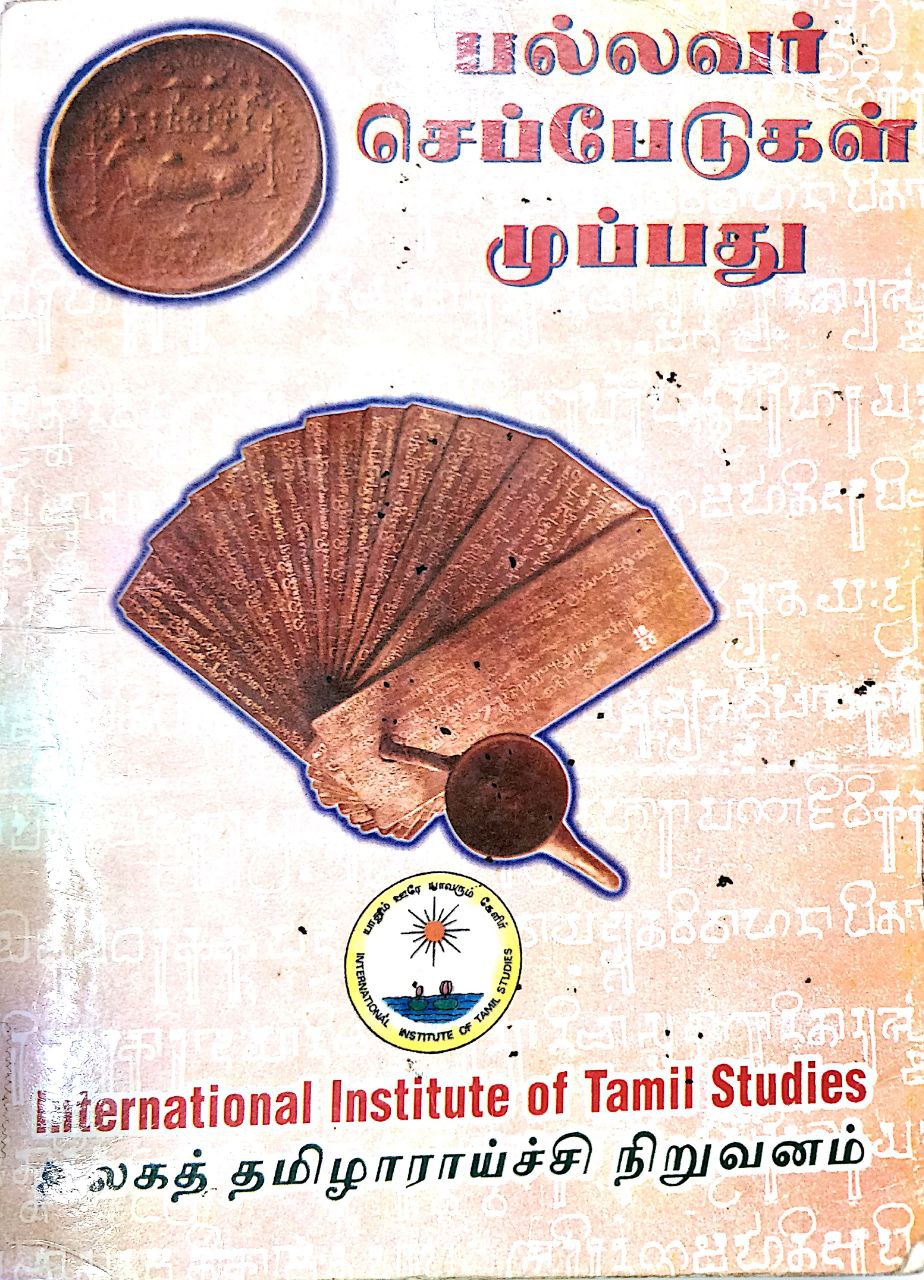A Great Book written on Education by Bhagawan Sri Sathya Sai Baba

A wonderful book on Education written by Bhagwan Sri Sathya Sai Baba. Every student, teacher and parents should study this book completely for better understanding of real education.
Book available in Book Centres of Sri Sathya Sai Organisations.
About This Book
Baba emphasizes the importance of “vidya,” meaning “that which illumines,” contrasting it with “lower learning” focused on theories and concepts. He stresses that higher learning—spiritual knowledge—enlightens and elevates humanity, correcting the errors caused by the excessive pursuit of mundane knowledge. From a young age, Baba acted as an educator, advocating against societal evils and promoting universal values like truth, morality, peace, love, and nonviolence. He conveyed this through songs, plays, and direct teachings, emphasizing the necessity of Atmic knowledge (self-knowledge) for true understanding and unity. This summary reflects Baba’s lifelong mission to use higher learning to foster peace and freedom globally.
பாபா “வித்யா” என்ற சொல் மிக முக்கியமானது என்று வலியுறுத்துகிறார், அதாவது “வெளிச்சம் அளிப்பது” என்று பொருள்படும். இதை கோட்பாடுகள் மற்றும் கருத்துக்களில் மையமாகக் கொண்ட “கீழ்நிலை கல்வி” உடன் ஒப்பிட்டு அவர் விளக்குகிறார். மேல்நிலை கல்வி—ஆன்மீக அறிவு—மனித குலத்திற்கு வெளிச்சம் அளிப்பதாகவும், நன்மை செய்வதாகவும், சாதாரண அறிவின் மிகைப்படுத்தப்பட்ட தேடலால் ஏற்படும் தவறுகளை சரி செய்வதாகவும் இருக்கின்றது என்று அவர் வலியுறுத்துகிறார். பாபா இளம் வயதிலிருந்தே குருவாக, ஒரு நல்ல ஆசிரியராக செயல்பட்டு, சமூக அநீதிகளை எதிர்த்து, உண்மை, நெறிமுறை, அமைதி, அன்பு மற்றும் அஹிம்சை போன்ற உலகளாவிய மதிப்புகளைப் பிரசாரம் செய்தார். அவர் பாடல்கள், நாடகங்கள் மற்றும் நேரடி போதனைகளின் மூலம் இதைப் பரப்பினார். உண்மையான புரிதலும் ஒருமைப்பாட்டையும் பெறுவதற்கு ஆத்ம அறிவின் (சுய அறிவு) அவசியத்தை வலியுறுத்தினார். மேல்நிலை கல்வியைப் பயன்படுத்தி உலகளவில் அமைதி மற்றும் சுதந்திரத்தை வளர்க்க பாபாவின் ஆயுள்பூர்வமான நோக்கத்தை இந்த புத்தகம் மிக அழகாக பிரதிபலிக்கிறது.
Quiz-01
Chapter 01
Chapter 01 Summary
- The supreme principle (vidya) is eternal and omnipresent, with no beginning or end, expanding infinitely and filling the universe.
- Knowledge of this supreme principle is spiritual knowledge, wisdom, and awareness.
- Many seers have visualized the beauty of the cosmos through this awareness and shared their vision to inspire others.
- Vedic literature is centered around sound, which should be heard and experienced rather than analyzed.
- The Vedas, comprising the Rig-veda, Sama-veda, Atharvana-veda, and Yajur-veda, guide towards the Highest.
- The Vedic literature is divided into four collections: Mantras, Brahmanas, Aranyakas, and Upanishads.
- The Upanishads, Brahma Sutra, and Bhagavad Gita form the foundation of Indian philosophical thought, known as the Prasthana Thraya.
- The material world is visible and pleases our senses, but there is also a non-material world, both being expressions of the same consciousness (chaithanya).
- Spiritual education teaches that the cosmos is a manifestation of the Lord’s play and encourages detachment and renunciation of ego and attachment.
- True spiritual knowledge (vidya) emphasizes performing duties without attachment and promoting detachment.
- Beasts kill other beasts, but a blind person, without Atma’s vision, kills oneself.
- The Atma is immutable, omnipresent, and beyond description, with supreme wisdom transcending the distinction between opposites.
- Mystics and sages, through their struggles and successes, attain higher unity and immortality through spiritual knowledge.
அத்யாயம் 1 சுருக்கம்
- உன்னதமான வித்யா நித்தியமானது மற்றும் எங்கும் நிறைந்தது, ஆரம்பமும் இல்லாமல் முடிவும் இல்லாமல், இறைவனின் விருப்பப்படி பரந்து, பிரபஞ்சத்தை நிரப்புகிறது.
- இந்த உன்னதக் கோட்பாட்டின் அறிவு ஆன்மீக அறிவு, ஞானம் மற்றும் விழிப்புணர்வாகும்.
- பல கற்றவர்கள் இந்த விழிப்புணர்வின் மூலம் பிரபஞ்சத்தின் அழகை கண்டு, அவர்களின் காட்சியை மற்றவர்களுக்கு ஊக்கமளிக்கப் பகிர்ந்துள்ளனர்.
- வேத இலக்கியம் ஒலியின் மையமாக அமைந்துள்ளது, அதனை கேட்டு அனுபவிக்க வேண்டும், பகுப்பாய்வு செய்யக்கூடாது.
- ரிக் வேதம், சாம வேதம், அதர்வண வேதம், யஜூர் வேதம் ஆகியவற்றைக் கொண்ட வேதங்கள் உன்னதத்தை நோக்கிச் செலுத்துகின்றன.
- வேத இலக்கியம் நான்கு தொகுப்புகளில் பிரிக்கப்படுகிறது: மந்திரங்கள், பிராமணங்கள், ஆரண்யகங்கள், உபநிஷதங்கள்.
- உபநிஷதங்கள், பிரம்ம சூத்ரம், பகவத்கீதை ஆகியவை இந்திய தத்துவ சிந்தனையின் அடிப்படையை அமைக்கின்றன, இது பிரஸ்தான த்ரயா என்று அழைக்கப்படுகிறது.
- பொருளாதார உலகம் நம் கண்களுக்கு தெரிகிறது மற்றும் நம் உணர்வுகளை மகிழ்ச்சிக்கிறது, ஆனால் பொருளாதாரமில்லாத ஒரு உலகமும் உள்ளது, இரண்டு உலகங்களும் ஒரே விழிப்புணர்வின் (சைதன்யா) வெளிப்பாடுகள்.
- ஆன்மீக கல்வி, பிரபஞ்சம் இறைவனின் விளையாட்டு என்று சொல்லுகிறது மற்றும் பற்றுகோளையும் அகங்காரத்தையும் நீக்க வேண்டும் என்று ஊக்குவிக்கிறது.
- உண்மையான ஆன்மீக அறிவு (வித்யா) பற்றாமையுடன் கடமைகளை செய்ய வேண்டும் என்பதையும், பற்றுகோளற்ற நிலையை ஊக்குவிக்க வேண்டும் என்பதையும் வலியுறுத்துகிறது.
- மிருகங்கள் மற்ற மிருகங்களை கொல்கின்றன, ஆனால் ஆத்மாவின் காட்சி இல்லாத ஒரு மனிதன் தன்னைத்தானே கொலை செய்துகொள்கிறான்.
- ஆத்மா நிலைக்குட்படாதது, எங்கும் நிறைந்தது, மற்றும் விளக்க முடியாதது, உன்னத ஞானம் எதிர்மறையான உத்தேசங்களின் வேறுபாட்டை கடக்கிறது.
- ஞானிகள் மற்றும் முனிவர்கள், அவர்களின் போராட்டங்கள் மற்றும் வெற்றிகள் மூலம், ஆன்மீக அறிவு மூலம் உன்னத ஒருமைப்பாடு மற்றும் அமரத்துவத்தை அடைகின்றனர்.



